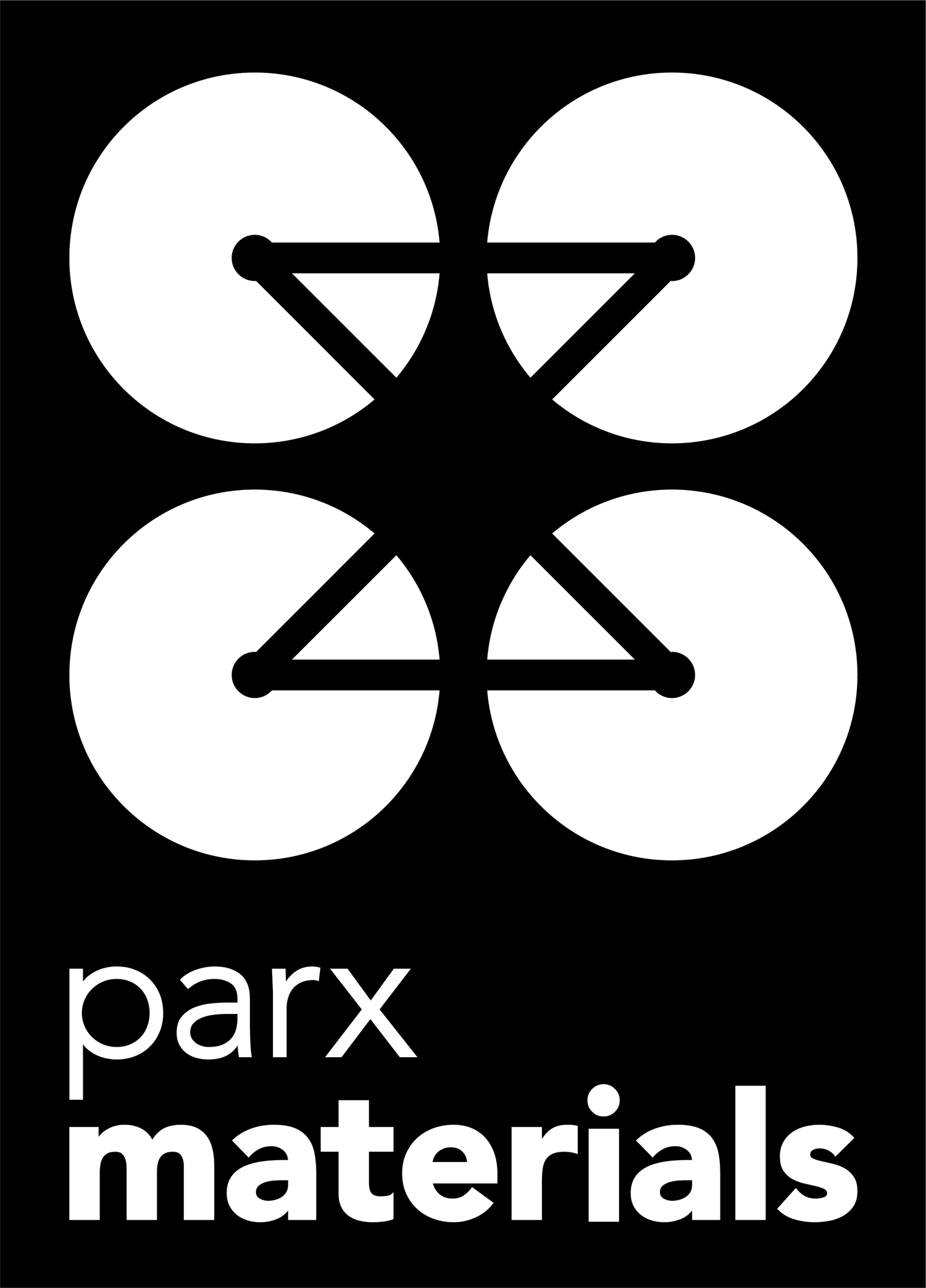Parx technology effective against multiple viruses.
Using a body’s own trace element inside solid plastic reduces viruses 5 times faster than normal.
Rotterdam - The Netherlands (June 9, 2020) - Parx Materials developed a technology to make polymers resistant to bacteria, molds and biofilm by making use of a trace element with the utmost biological importance. The technology is inspired by nature, inspired by the way the defense mechanism of the human skin is protecting us against germs and viruses. The trace element of Zinc is vital for a good functioning of our immune system and by integrating this element in polymers Parx Materials is able to create an antimicrobial performance of 99.9% and higher.
Viruses do not multiply or proliferate on normal surfaces but are known to survive up to 2-3 days on plastic surfaces. Now in independent tests executed following the ISO 21702 norm, using the Human Corona 229E virus, prove that the Parx Materials technology shows a significant effect against this virus. The technology is reducing the virus 5 times faster than on normal solid plastic surfaces. The technology also brings down the H1N1 virus by 99.99% in just 8 hours in textiles fabricated with the technology.
The Parx Materials technology is unique as it is the only effective broad-spectrum solution available today not using toxic substances, not migrating and not compromising the material in any way. That means nothing harmful or toxic is put inside the product, the material characteristics are not changed, recyclability is not changed and there is nothing coming out of the material. Nothing is leaching out means also that the technology does not lose any functionality over time. It is a true 100% safe and sustainable solution and with a high efficacy preventing the adhesion and proliferation of bacteria and preventing biofilm formation on plastic surfaces with now also a proven efficacy against viruses.
The virus tests were not executed with current Covid-19 causing virus as this is currently prohibited for commercial laboratories. But the 229E Coronavirus was selected as it has a good number of similarities to the Covid-19 virus.
Because of the unique characteristics of the technology it can be used in almost any plastic surface creating a surface with an intrinsic resistance to bacteria, molds, fungi, biofilm and viruses.
"It is a great honour for me to participate in this event celebrating Parx breakthrough in antiviral surfaces. We know Parx materials from their antibacterial surfaces and now this in times of Covid is an incredible relevant breakthrough."
HRH Prince Constantijn van Oranje-Nassau
Envoy, TechLeap.NL
The Parx Materials technology was tested by independent laboratories following the below procedures:
ISO22196 ANTIMICROBIAL PERFORMANCE OF PLASTIC AND NON-POROUS SURFACES
Efficacy: 99.9% (log3) up to 99.99999% (log7)
Tested with:
Staphylococcus aureus
Staphylococcus epidermidis
Clostridium difficile
Listeria
MRSA
Streptococcus mitis
Streptococcus sangius
A hemolytic streptococcus
Escherichia coli
Salmonella
Acinetobacter baumannii
Pseudomonas aeruginosa
Enterobacter cloacae
Legionella pneumophila
Fusobacterium nucleatum
Eikenella corrodens
Klebsiella pneumoniae
ISO20743 ANTIMICROBIAL PERFORMANCE ON TEXTILES AND POROUS SURFACES
Efficacy: 99.9% (Log 3) and higher
Tested with:
Staphylococcus aureus
Escherichia coli
ISO21702 ANTIVIRAL ACTIVITY ON PLASTICS AND NON-POROUS SURFACES
Efficacy: 5X faster reduction
Tested with:
Human Corona 229E virus
ISO18184 DETERMINATION OF ANTIVIRAL ACTIVITY OF TEXTILE PRODUCTS
Efficacy: 99.99% after 8 hours
Tested with:
H1N1 virus
ISO846 PERFORMANCE AGAINST MOLDS AND FUNGI
Efficacy: Highest performance rating 0 - 1
Tested with:
Aspergillus niger
Chaetomium globosum
About Parx Materials
Parx Materials N.V. (Euronext: MLPRX and NL0012650535) specializes in the development and manufacturing of materials with sustainable intrinsic defense mechanism against bacteria, viruses, molds and biofilm. The company's patented technology does not use harmful or toxic chemicals, biocides, heavy metals or nanoparticles. It can be used with any type of plastic and for any type of application. It is fully biocompatible and it does not diffuse out of the material. Parx Materials NV is listed on Euronext Access in Paris with ticker MLPRX and ISIN NL0012650535.

